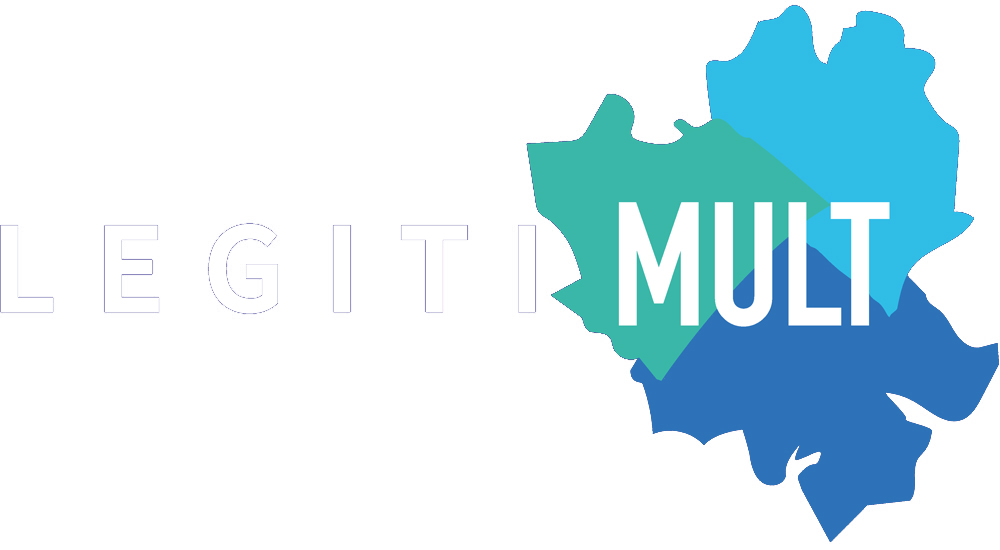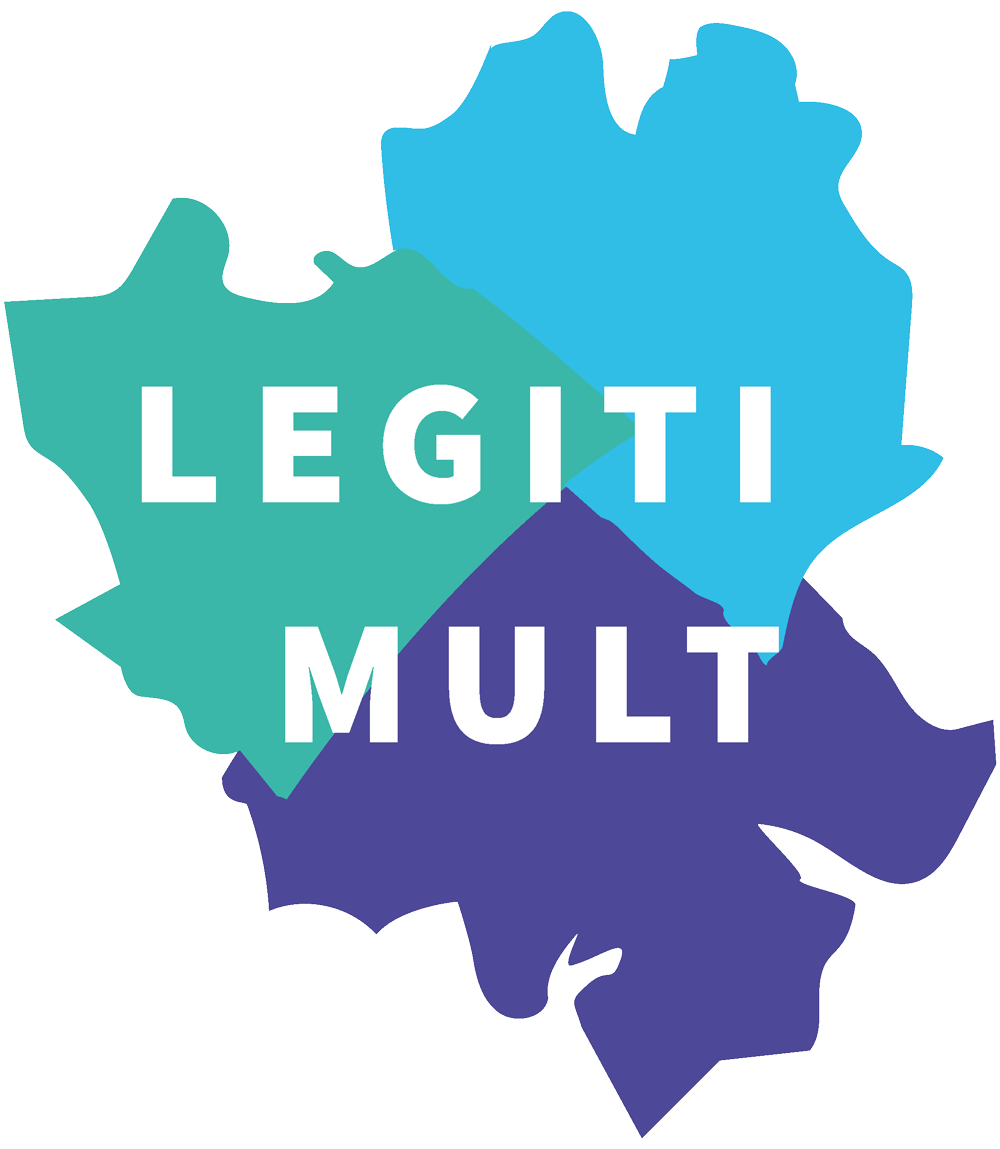Home E-learning course
E-learning Course

From natural disasters to economic and social crises, pandemics to humanitarian emergencies, and critical infrastructure collapses, we live in an era defined by profound challenges and crises.
Are you interested in understanding how to approach crisis management in a legitimate and effective way?
Our upcoming e-learning course will soon be available in English, French, Croatian, Italian, German, and Spanish. This comprehensive course will offer six lessons exploring key topics such as crisis measures, governance models (federal or unitary), the role of experts in crisis situations, the inclusion of minorities, trust-building, and effective socio-economic responses to crises.
Each lesson will be delivered by a researcher from our consortium and will include interactive elements such as quizzes and summaries. The course is designed to provide an in-depth understanding of crisis management, grounded in the latest research and tailored to contemporary challenges.
Access the e-learning course now: click here!



